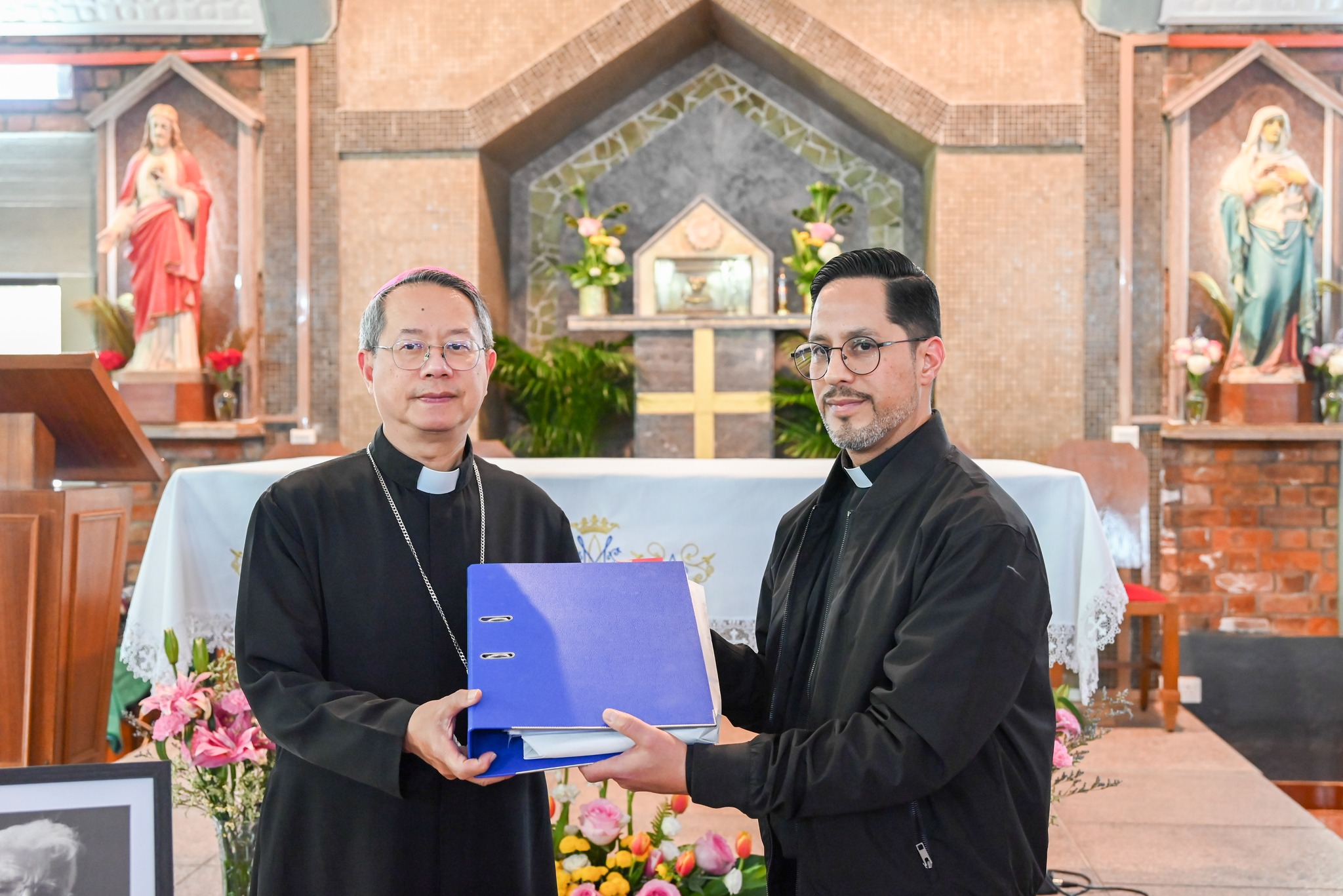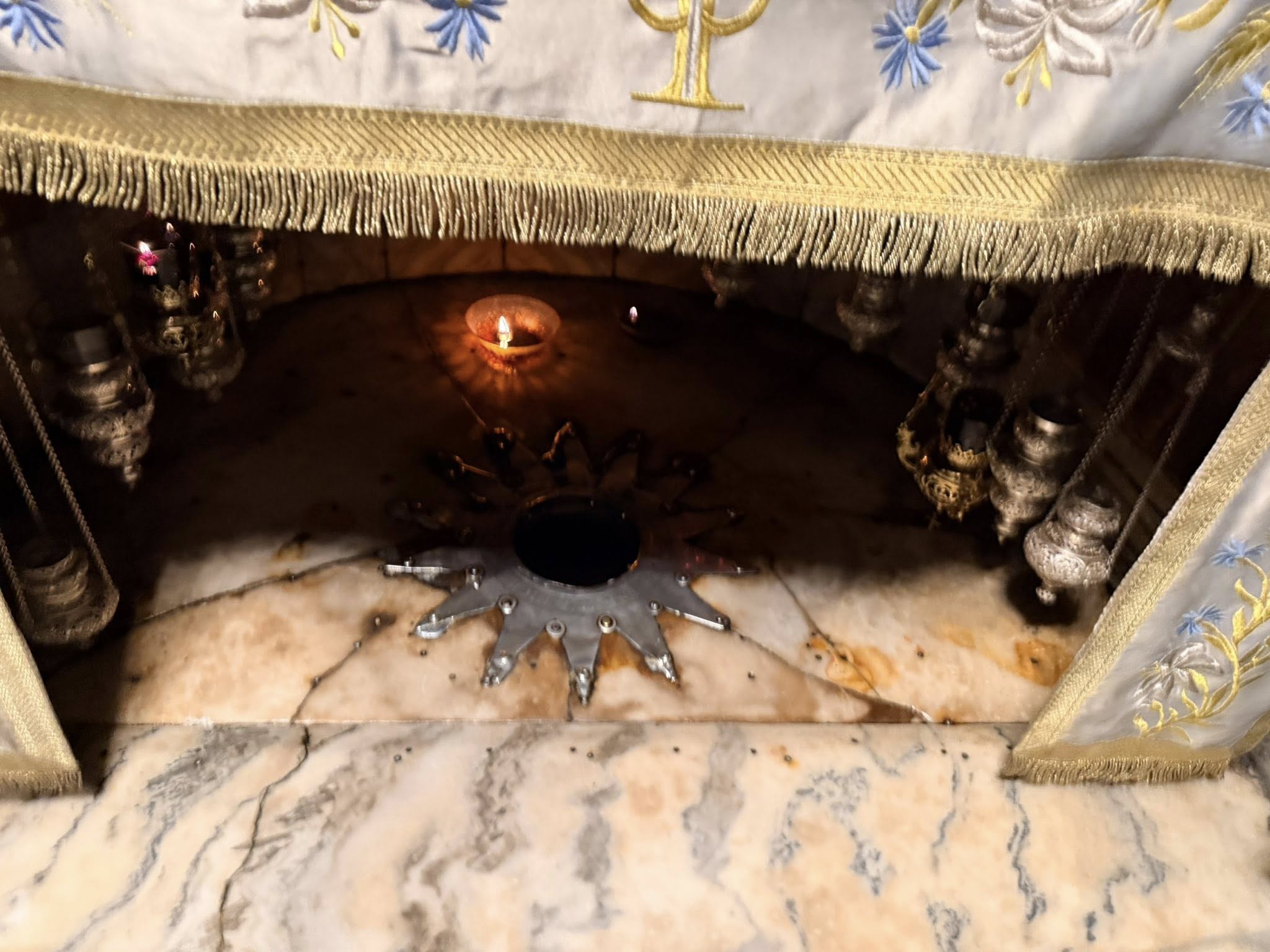Aurelio Porfiri
Giuseppe Meazza was born in Milan on August 23, 1910. He was considered by some to be the greatest Italian soccer player of all time. Inter Milan’s player and best scorer of all time with this team, he became the world champion twice with the Italian national team, in 1934 and 1938. He died in 1979 and the Milan stadium was dedicated to him. The great journalist Gianni Brera described him as follows: “Great players already existed in the world, maybe tougher and more consistent than him, but it didn’t seem to us that we could go beyond his sudden inventions, brilliant shots, peremptory dribbling and yet never mocking the adversaries, the solitary escapes towards his lost victim of all time, the opposing goalkeeper.”
Taking this opportunity of celebrating more than 110 years since the birth of this champion, we can observe how football can also be observed as a metaphor for the life of faith. To score goals, you have to overcome obstacles, dribble opponents. So in the life of faith, to get the graces you hope for, you have to make a lot of sacrifices, sacrifices that are sometimes very hard but which are necessary to make sure that your “vision” can open towards the desired goal. In football, victory is not improvised, but prepared. We know how hard the training that footballers have to undertake, for a number of hours each day they must make great efforts to improve their athletic, technical and tactical skills. So it is in our life of faith, and this training for us is called prayer and sacramental life. These “train” and help us improve to make our “spiritual performance” more and more intense. I am sure that most players sometimes have to force themselves to train as they would like to do other things, but training is necessary. So it is for us, even if sometimes we don’t feel like praying or going to Mass, it is important to maintain this relationship even when we would like to do something else.
Football teaches us that we depend on others, we are part of a team, and in the same way others depend on us and our commitment. So in faith, we know that we are part of a Catholic community and that we are also partly responsible for our brothers, we must learn not to judge them, as Jesus taught us, but to correct them if necessary with kindness. An anecdote told by Sandro Mazzola, a pupil of Meazza, helps us to understand better. The young Mazzola himself tells it: “he taught me to behave as a footballer. Once I scolded a companion of mine. He told me, in Lombard dialect: “Uè pastina, I have won two world championships and I have never shouted at anyone. May it be the last time.” We are all in need of mercy and indulgence.
In his reflection in 1985, referring precisely to the game of football, the then Cardinal Joseph Ratzinger accurately observed: “Perhaps, reflecting on these things, we could again learn from the game to live, because something fundamental is evident in it: man does not live on bread alone, the world of bread is only the prelude to true humanity, to the world of freedom. However, freedom is nourished by the rule, by discipline, which teaches harmony and loyal rivalry, the independence of external success and arbitrariness, and thus becomes truly free. The game, one life. If we go deeper, the phenomenon of a world with a passion for football can give us more than a little fun.” (salesianiperlosport.org) Here the reflection of the then cardinal shows us the game of football on a completely different level. This also makes us understand that oratories were so promoted in the past, because there was a life of prayer alongside the game of soccer. We should rediscover these realities where children went to play and prayed and if the game was well taught, they learned important values for life.

 Follow
Follow


